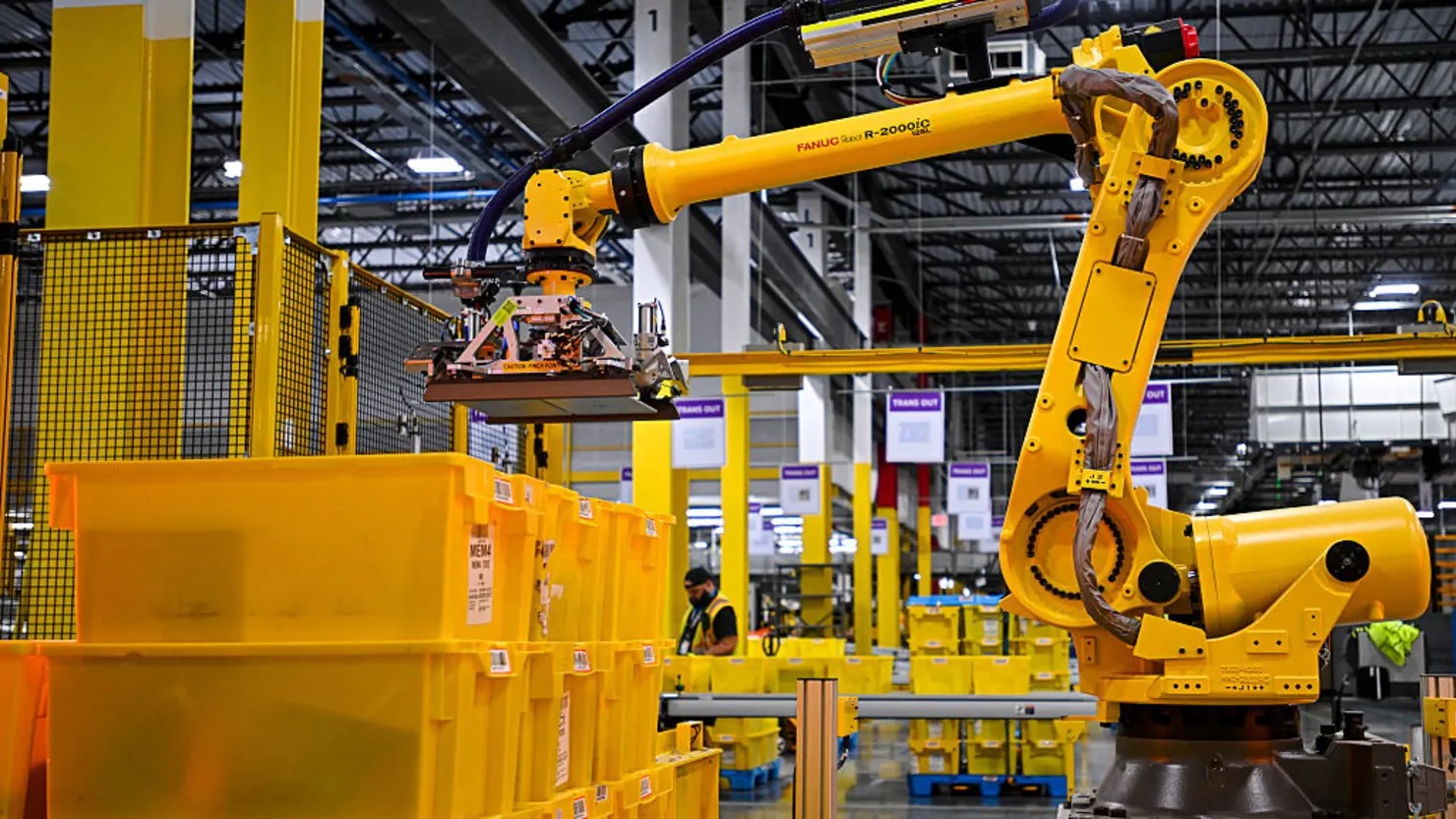
U.S. Broadens Import Probe, Imposes Tariffs on Masks, Syringes, and Robotics

 :
| Updated On: 25-Sep-2025 @ 1:38 pm
:
| Updated On: 25-Sep-2025 @ 1:38 pmSHARE
The Trump administration has initiated national security investigations into imports of robotics, industrial machinery, and medical devices, a move that could pave the way for new tariffs and potentially increase costs for consumers, hospitals, and manufacturers. These investigations, launched under Section 232 of the Trade Expansion Act on September 2, 2025, are intended to assess whether imports of certain goods pose a threat to U.S. national security. The Department of Commerce, citing Federal Register filings, confirmed that the probe will evaluate the implications of such imports on national security and may provide a legal basis for imposing sector-specific tariffs.
The scope of these probes extends beyond industrial machinery and robotics to include personal protective equipment (PPE) such as surgical masks, N95 respirators, gloves, syringes, needles, and prescription drugs. Additionally, imported medical equipment such as wheelchairs, hospital beds, diagnostic devices, pacemakers, insulin pumps, and heart valves are under scrutiny. By evaluating these critical goods, the government aims to determine whether domestic production can meet U.S. demand or if reliance on foreign supply chains poses a security risk.
Companies are being invited to provide feedback on projected demand for these products and assess the capacity of domestic production to satisfy local requirements. The Department of Commerce is also requesting information on the impact of foreign subsidies and what it describes as “predatory trade practices,” which could distort competition and undermine U.S. manufacturing.
This is not the first time Section 232 has been invoked. The Trump administration has previously used it to impose tariffs on automobiles and auto parts, copper, steel, and aluminum. Current probes also include imports of pharmaceuticals, semiconductors, and chip components, including silicon wafers, chipmaking equipment, and other downstream products. These investigations reflect Washington’s concern over the U.S. economy’s heavy dependence on foreign supply chains for critical goods and the potential national security implications.
Any new duties imposed as a result of these sector-specific investigations would be in addition to existing country-specific tariffs imposed by President Donald Trump. While the European Union and Japan have negotiated agreements that could shield them from additional levies, other nations remain subject to potential duties.
The U.S. relies significantly on Mexico and China for machinery, with imports from these two countries representing over 18% and 17% of total U.S. machinery purchases, respectively, in 2023, according to data from the U.S. International Trade Commission. The auto industry could be among the hardest hit by the new potential tariffs, as it represents the largest demand for industrial robots. Last year, 13,747 industrial robots were installed, the majority of which were imported, with only a small portion produced domestically. This indicates a vulnerability in domestic production capacity for critical robotics.
Experts warn that potential levies on medical devices and protective equipment could have serious implications for healthcare. Increased costs for hospitals and patients could limit access to essential medical equipment, reducing the availability of critical care and potentially impacting public health. The administration’s strategy, while aimed at boosting domestic production and addressing national security concerns, could therefore create short-term cost pressures and operational challenges for U.S. manufacturers, healthcare providers, and consumers.
In summary, the Trump administration’s Section 232 investigations represent a broad approach to safeguarding national security by potentially reshaping U.S. dependence on foreign imports of key industrial, medical, and technological goods. While these measures aim to encourage domestic production, they also pose significant economic and operational implications for multiple sectors, from automotive to healthcare, highlighting the complex balance between security concerns and market impacts.